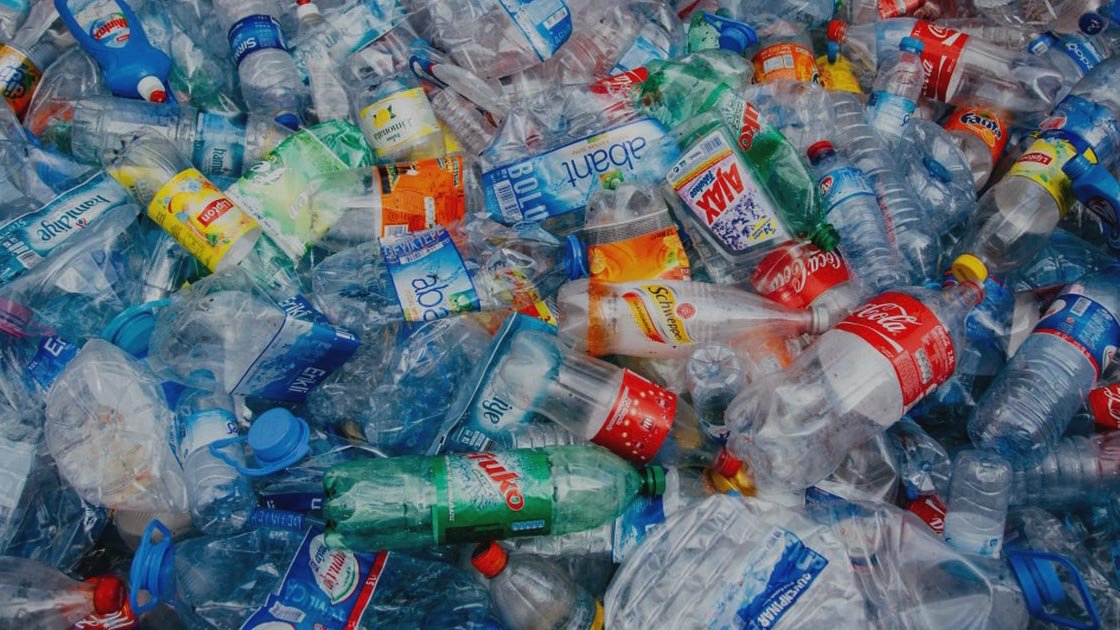Parliament has done well to stop its use. Other institutions must now follow suit

According to the Central Pollution Control Board, India generates 25,940 tonnes of plastic waste every day. This is close to the weight of 9,000 Asian elephants, or 86 Boeing 747 jets.
The battle for a cleaner environment will not be an easy one. Along with strict regulation, leaders from different walks of life must set an example for the public. Here’s an example: After three attempts, Parliament has now stopped the use of packaged drinking water bottles and other disposable plastic items. An average of 2,000 bottles of water were bought daily, and the annual supply was more than 600,000 bottles. But thanks to Lok Sabha Speaker Om Birla’s efforts, glasses of water have now replaced bottles in meetings, and more officials bring water bottles from home.
Parliament’s example must be followed by all institutions, be it in government or the private sector. India is drowning in plastic waste. According to the Central Pollution Control Board, it generates 25,940 tonnes of plastic waste every day. This is close to the weight of 9,000 Asian elephants, or 86 Boeing 747 jets. Of the daily plastic waste, more than 10,000 tonnes a day remains uncollected, putting at risk thousands of lives.
Prime Minister Narendra Modi must be credited for taking the lead against single-use plastic, though the government has not yet defined the term. He is expected to announce measures to reduce plastic use on October 2. India’s per capita consumption of plastic at 11 kilograms per year is among the lowest in the world (global average is 28 kg per year). It can take advantage of this relative low usage, and stop its expansion. But the campaign’s success will depend on finding environment-friendly and cost-effective alternatives to plastic. India should put money win innovation to win the no-plastic challenge.
SOURCE: Hindustan Times |Updated: Sep 25, 2019




